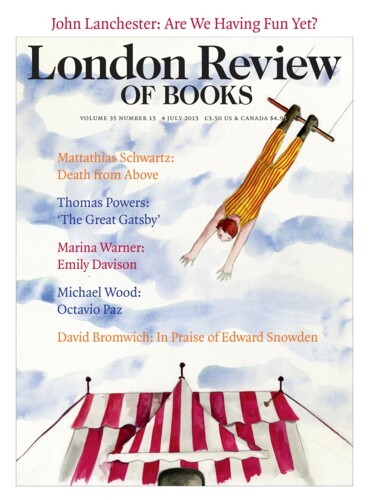after Francis Ponge
Orange
As for the sponge, so for the orange:
the aspiration to regain face after being wrung
into expression. However, the sponge
succeeds always, the orange never, segments
burst, its inner being squeezed to mush. Only the peel
springs, albeit flabbily and slowly, back into shape;
and yes, the consequential amber juice is fragrant,
cool and sweet, but then too often comes the bitter
matter of the unexpected pips you have to spit.
Must we always choose between the two?
Both fail, in their own way, to withstand oppression.
The sponge is just a muscle filled with air, or water
whether clean or dirty. We are not impressed
by such gymnastics. The orange might have better taste,
but gives up too easily in its oppressor’s hands.
Still, there’s more to be said for the orange
than its essential way with scent, and how
its executioner rejoices in its juice.
Such a beautifully coloured liquid, too,
for which we must open our throat as much to pronounce
the word as to swallow what’s expressed –
better than the apprehensive pucker we adopt
for lemon-sucking. And when all is said, we must remain
speechless with admiration at the outer
wrapping of this tender, fragile, rosé, oval ball
that nestles in its thick blotting-paper buffer zone,
whose epidermis, tissue-thin yet deeply pigmented
and keenly zesty, is just rough enough to catch
the light that falls on it in dimples fitting
to its perfect, fruity form. But to conclude
this study, all too brief though drawn as much
as possible in the round, we come at last to the pip,
a seed which closely resembles a minuscule lemon.
Viewed from without, it offers a colour like that
of the white wood of the lemon tree; within, it reveals
the green of a fresh pea or a newly sprung sprout.
And after the sensational Chinese lantern explosion
of flavours, colours and scents that constitute the fruitful globe
itself, it is the pip that summons up
the relatively hard and tart (though not insipid)
wood and branch and leaf: in sum, however wizened or petite,
it is in truth the raison d’être of the fruit.
Rain
The rain, in the back yard where I’m watching it
come down, comes down at many different rates of knot.
Its central zone is a finely woven curtain – sheer net, perhaps –
thinly broken, relentless in its fall, but
relatively slow, which must be down to the lightness
of its drops, a sempiternal, frail precipitation,
like real weather atomised.
Heavier and noisier the elemental drops
that fall close to hand to the walls to the left and right:
here the calibre of grains of wheat, there plump as peas,
elsewhere ample glassy marbles. Along window rail and sill
the rain washes horizontally, while clinging to
their undersides in rows of tetrahedral beads.
According to the whole surface of a little zinc roof
overhung by my lookout, it streams in a very fine sheet,
shimmering on account of the currents
variously created by the imperceptible undulations,
bumps and ripples of the metal blanketing;
and in the adjoining gutter runs slowly along with all
the force of a low-gradient runnel, managing
to let go its flow in a long, perfectly vertical,
elegantly braided thread to the ground where
it shatters and spatters into brilliant glinting needles.
Each of its modes generates a particular tempo to which
a particular sonority responds. The whole ensemble pulses
like a complicated, living mechanism, as precise as it is
erratic, like a store of clocks whose springs depend on
the weight of a given mass of constantly condensing vapour.
The tinkling of vertical strings as they strike the ground,
gutters going glug-glug, dings, dongs and tiny gongs
resound and multiply in simultaneous concert, by no means
monotonous, and not without a certain fluid delicacy.
And in due course, as the springs run out of steam,
some of the waterwheels go on operating, though more slowly
and more slowly, until the mechanism ticks to a halt.
Then the sun comes out once more to wipe the slate clean;
the whole brilliant apparatus evaporates: it has rained.
Send Letters To:
The Editor
London Review of Books,
28 Little Russell Street
London, WC1A 2HN
letters@lrb.co.uk
Please include name, address, and a telephone number.

